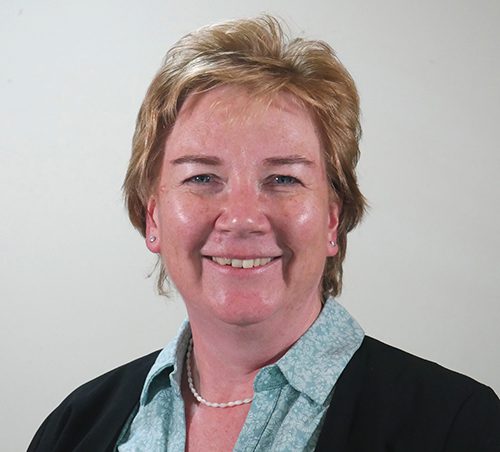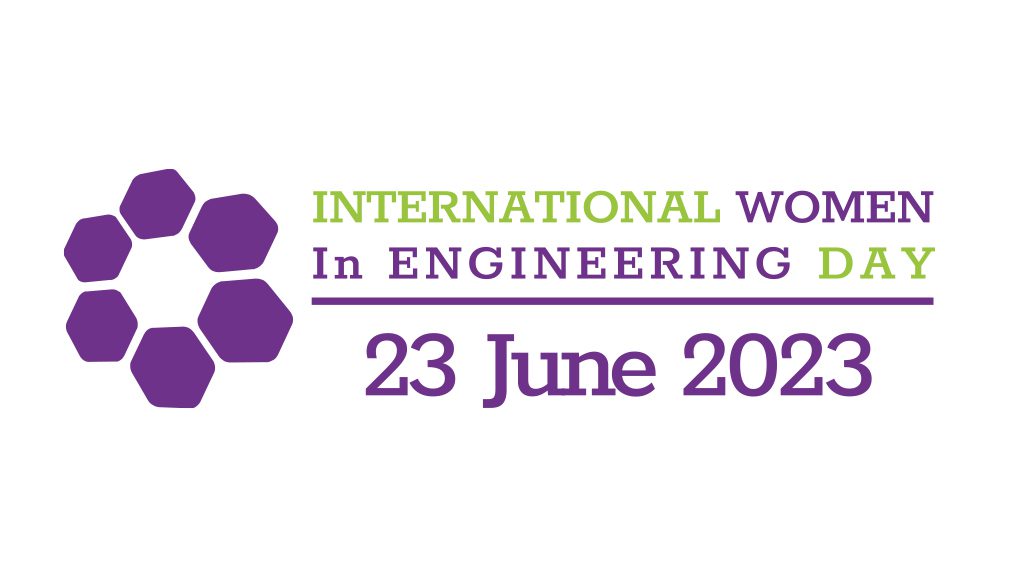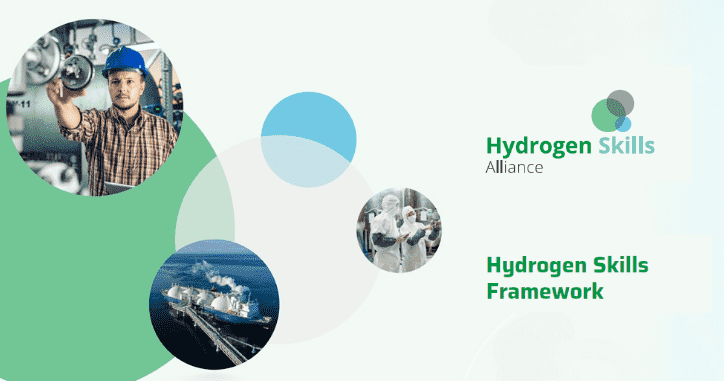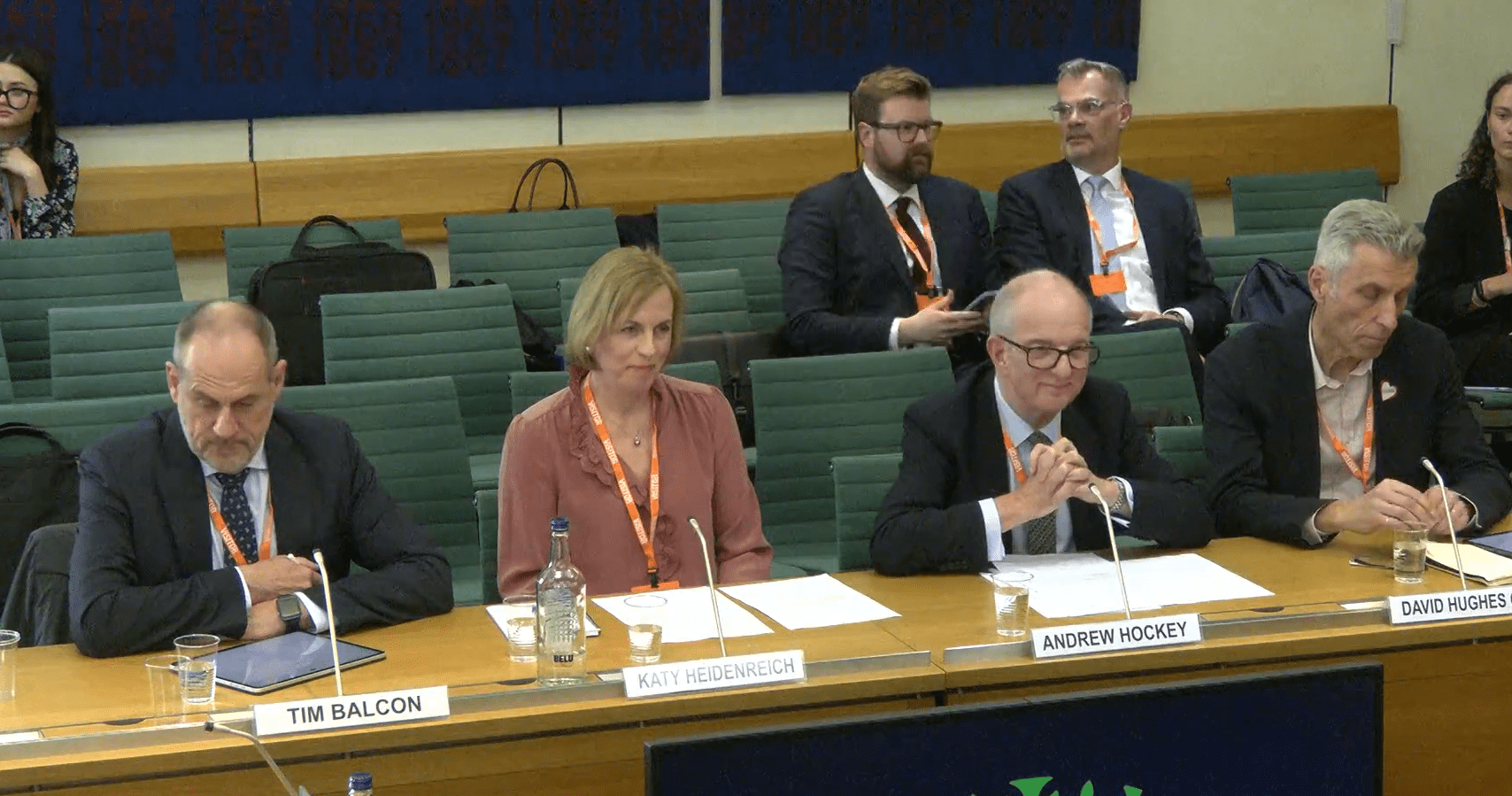To celebrate the International Women in Engineering Day 2023 (INWED), ECITB’s Deputy Director of Strategy & Policy, Jenny Young shares her views on being a chartered engineer for almost 40 years.
I am an Accidental Engineer.
I have been in the profession for nearly 40 years now but, looking back, I can honestly say I never had a game plan nor any strong connections to the world of engineering (although I did later discover that my grandfather was an engineer’s pattern maker at the Armstrong factory during WWI).
A passion for STEM and a chance encounter with engineering.
My career turned out to be a series of unexpected twists and turns in a sector that turned out to suit me very well.
How I got here is one story. And how things have changed since then is another. Or just maybe, they are two chapters in the same book!

Jenny Young
ECITB’s Deputy Director of Strategy & Policy
I attended an all-girls boarding school and had a genuine love for sciences, maths, music, and extra-curricular activities like the Duke of Edinburgh scheme. To me, maths and physics were just fun puzzles to be solved but I chose engineering at university because I didn’t want to study either of those subjects alone.
An enlightened Maths teacher suggested engineering as a “compromise”, and I attended a couple of visits organised by WISE to help inform my decision.
This was the mid-1980s and most people doing engineering degrees got sponsorship; I worked at Marconi Avionics (later part of BAE Systems) for a year between school and university. It was my first experience of industry, and I loved it. It was certainly male-dominated and almost exclusively white but unusually, I now realise, there were quite a few female managers. There were three females in our intake of 12, a much healthier proportion than my degree class which was closer to 5% female.
During that year and the summers of my degree I experienced all the main areas of project delivery – design, hardware, software, quality assurance, integration, modelling – on some very high-tech projects. I became familiar with the nuanced language of the defence industry, the processes, the endless acronyms and finally settled on systems engineering as my chosen discipline; its holistic essence appealed to me.
The sponsored degree was a great way to learn and gave me valuable work experience. Sadly, the model disappeared by 2000 but the advent of degree apprenticeships is now offering a similar mix of study and work which continues to be both an attractive offering to potential new entrants and an effective pathway to technical career opportunities.
Finding beauty and purpose in engineering.
One of the beauties of engineering is the variety it offers and there is something innately satisfying about working on a project that you later see as a system in use.
In industry I worked in different spheres within defence, moving through technical project roles into engineering project management, people management and training. Since 2010 I have adapted my skills to the professional body arena, first with the Royal Academy of Engineering in diversity and inclusion across engineering and latterly moving into strategy, policy, and skills at ECITB.
My roles since leaving industry have shown me the gender disparity and systemic barriers that still pervade many areas of engineering for all kinds of underrepresented groups.
Inclusive engineering is the only road to value, appreciation, flexibility, and success.
However, I also see slowly increasing diversity in the new entrant populations, positive moves to support female staff as they have children and a growing recognition from industry of the need to evolve its culture to meet the expectations and aspirations of the new generation of female engineers.
Looking back, my career has been hugely varied, always rewarding, consistently unplanned, supportive, and social. I have taken two periods of maternity leave and have adopted various patterns of part-time working and job-sharing with the support of my husband and my colleagues.
I have never felt disadvantaged as a female engineer, but I am also very aware that not everyone has the same positive experience along their own journey. It hasn’t always been easy, but trust and flexibility go a long way to meeting challenges.
My reflection is that when people around you are supportive, value the skills you bring and accept you for who you are then that is what makes a job worthwhile. These days we call that inclusion.

Everyone should have allies, sponsors, and mentors.
I have been very fortunate to find generous allies, sponsors, and mentors throughout my ‘accidental engineering’ career. That should be everyone’s experience and INWED is an annual celebration that helps to get us closer to that goal.
Jenny Young is Deputy Director of Strategy & Policy at the ECITB. She is a Chartered Engineer and Fellow of the Institution of Engineering & Technology





